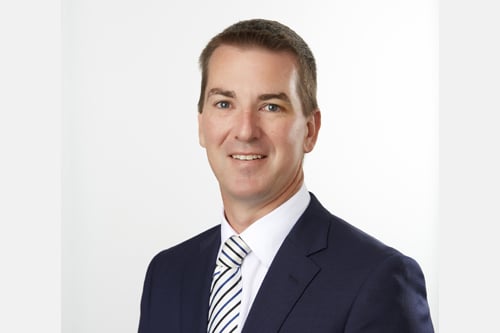Brokers should model their businesses based on various potential commission changes, recommends a broking coach

by Jason Back
“If you hate change, you are going to hate extinction even more.”
This quote’s been attributed to many, but it still rings true to me now more than ever. Only a week or so out from the final royal commission report, brokers must prepare for change.
Brokers, aggregators and bankers Australia-wide have asked daily for my thoughts on the possibility of changes to commissions. I tell them that now that Pandora’s box has been opened, change is inevitable. The reality is, there are those who pay commissions who would like to pay less and believe those who receive them don’t do enough to earn them.
Unfortunately, there hasn’t been enough discussion around the why; why commissions, upfront, trails, deferred upfront, ramped, level commissions, flat fee, fee for service or whatever word you want to use, are actually paid and what services are provided by those who earn them.
Those who want change will tell you that brokers just sell a transaction and move onto the next sale. Brokers will tell you that they run a full relationship model that services multiple aspects of the client relationship over the lifetime of their client’s journey. The truth lies somewhere in the middle. Inconsistency has prompted questions to be asked.
With the ASIC and Sedgwick reports, Productivity Commission, CIF, Henry Tax Review and now the Hayne royal commission report there has still been little consensus on what should or will change. So now we leave it to a royal commission that was meant to be targeting the misconduct of the banks but has now become another review on the broker industry, with no one being able to show any systemic conflicts of interest when it comes to how brokers are paid and the recommendations they provide their clients! And yet here we are!
So what should brokers do?
Yes, we should continue to lobby government/regulators to ensure they understand what we do and how we continuously meet the needs of our clients. We should have been doing this for years anyway. It was naïve to think that our industry would be immune to change; remember PESTLE or just ask a financial planner about FOFA or a broker pre-GFC.
Right now, regardless of the outcomes of the recommendations, brokers should be modelling their business based on the removal of trail; it being grandfathered or not, flat fee, fee for service or the status quo.
If trail were removed and upfront did move to 1%, as an example, what would this do to your business? How are you currently allocating these funds, monthly and yearly? What overheads or sunken costs do they support, or do you reinvest it into your business? Will you survive, thrive or just die?
My three tips for brokers right now:
- Model your business based on various potential commission changes. Use the last 2-3 years’ results and test each model (a good year and a couple of tough ones).
- Speak to your clients, communicate to them about what is happening, and test their support for each model.
- Prepare a strategy based on those customer insights, your market demographics and your expertise and how you will generate a profit post any changes.
The elephant is not just in the room, it’s eyeballing you from its seat at the table. Yes, this is an emotive topic; yes, the possible changes could hurt many, but we cannot lie down and go quietly into the night.
If you are a broker that delivers a service commensurate to what is expected of our industry, now is the time to plan, execute and thrive in the not-so-new paradigm of change.
Jason Back is the founder of Broker Essentials, a business coaching and consulting company that was developed to help brokers build and scale successful brokerages. He was previously managing director of the award-winning Australian Lending & Investment Centre for six years. For more information on his masterclasses and one-on-one coaching, visit www.brokeressentials.com.au.



